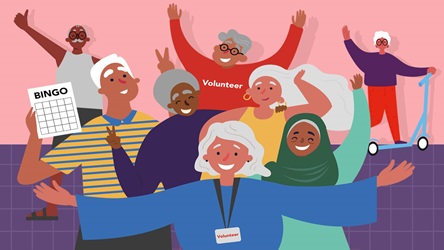Trending: New Ways Of Travel
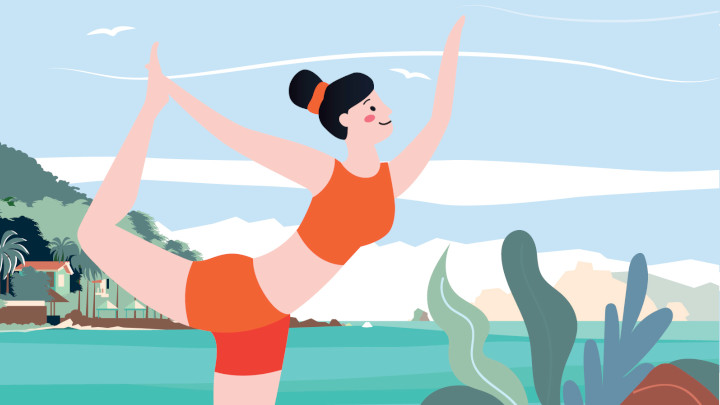
A TREND TO WATCH
Wellness, the holy grail of transformation
With today’s hyper-optimised, overwhelmingly packed and digital lifestyles, travel is now about self-improvement as much as rest. This has boosted wellness tourism from a hippy concept on the fringe to being a true money-maker for the tourism industry, valued at a whopping US$639 million. Between 2015 and 2017, wellness tourism grew at double the rate of the entire industry, with an average of 830 million trips a year, largely fuelled by consumers in Europe and the Asia Pacific. The range of activities has also expanded beyond hot springs, spas, meditation, yoga and healthful eating to include more challenging experiences. The Extraordinary Adventure Club, for instance, designs long-term, extreme “transformational” trips that encourage travellers to face and conquer difficult feelings like isolation and vulnerability – with life coaches provided. But while travellers can pay a premium to climb peaks or train with athletes, CEO of the Global Wellness Institute Susie Ellis says wellness tourism is also becoming more accessible to the average traveller, with greater options at various price points.
GLOBAL OUTLOOK
Challenge takes a look at other tourism trends and how countries have responded to these changes.
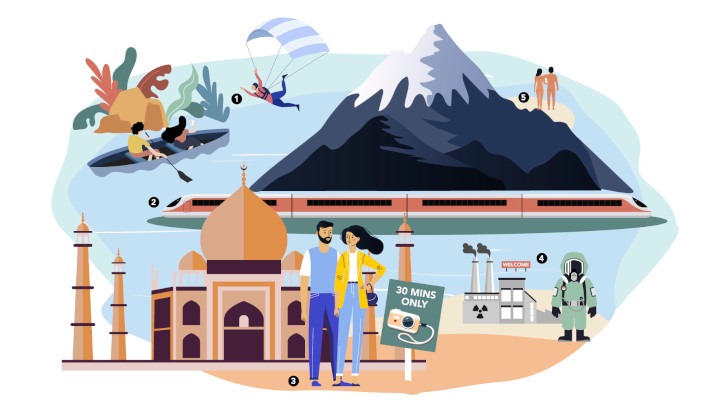
Slow tourism
A growing interest in climate change and personalities like Greta Thunberg have motivated travellers across Europe to swop flying for slower alternatives like trains. This has popularised Swedish terms such as flygskam (“flight shaming”) and tågskryt (“train bragging”), with travellers sharing their train journeys on social media. Meanwhile, organisations like Climate Perks encourage employers to reward staff with paid “journey days” if they travel by train or boat.
Overtourism
To counteract the negative effects of overwhelming tourist numbers, Amsterdam removed its Instagram-famous “I, Amsterdam” sign, the Taj Mahal now has three-hour time limits for visits, and several renowned beaches across Southeast Asia have been shut down to protect against further environmental degradation. Venice’s #EnjoyRespectVenezia campaign encourages tourists to behave – with fines for acts like jumping into fountains and picnicking in unauthorised locations.
Dark tourism
Interest in tourism to places of death and disaster has risen, thanks in part to the Netflix TV series Dark Tourist and HBO mini-series Chernobyl. However, the influx of tourists taking selfies at sensitive places like former concentration camps has also led to questions about exploiting tragedy for entertainment. The Church of Bones in the Czech Republic, filled with the bones of plague victims, has restricted photography to prevent inappropriate selfies.
Luxury travel
Luxury travel is increasingly about remote destinations and exclusive experiences. Specialised agencies are rising to serve those with deep pockets. Notable ones include Pencari Black, which creates custom experiences like a simulated special-forces mission of skydiving into a hostage situation in Kenya, and Pelorus, which specialises in private tours and expeditions to the most remote areas of the world.
Nakations
Clothing-optional tourism like visiting nude beaches, resorts and cruises is growing rapidly and in 2018, made US$7.4 billion in Florida alone. According to the American Association for Nude Recreation, this trend is largely fuelled by mature adults over age 45, although interest is growing in other demographics, perhaps because of the appeal of literally stripping down to the basics and escaping from the modern world.
EXPLAINER
You might have heard of co-working spaces, but what about co-living? Here are some differences between co-living and short-term accommodation options.
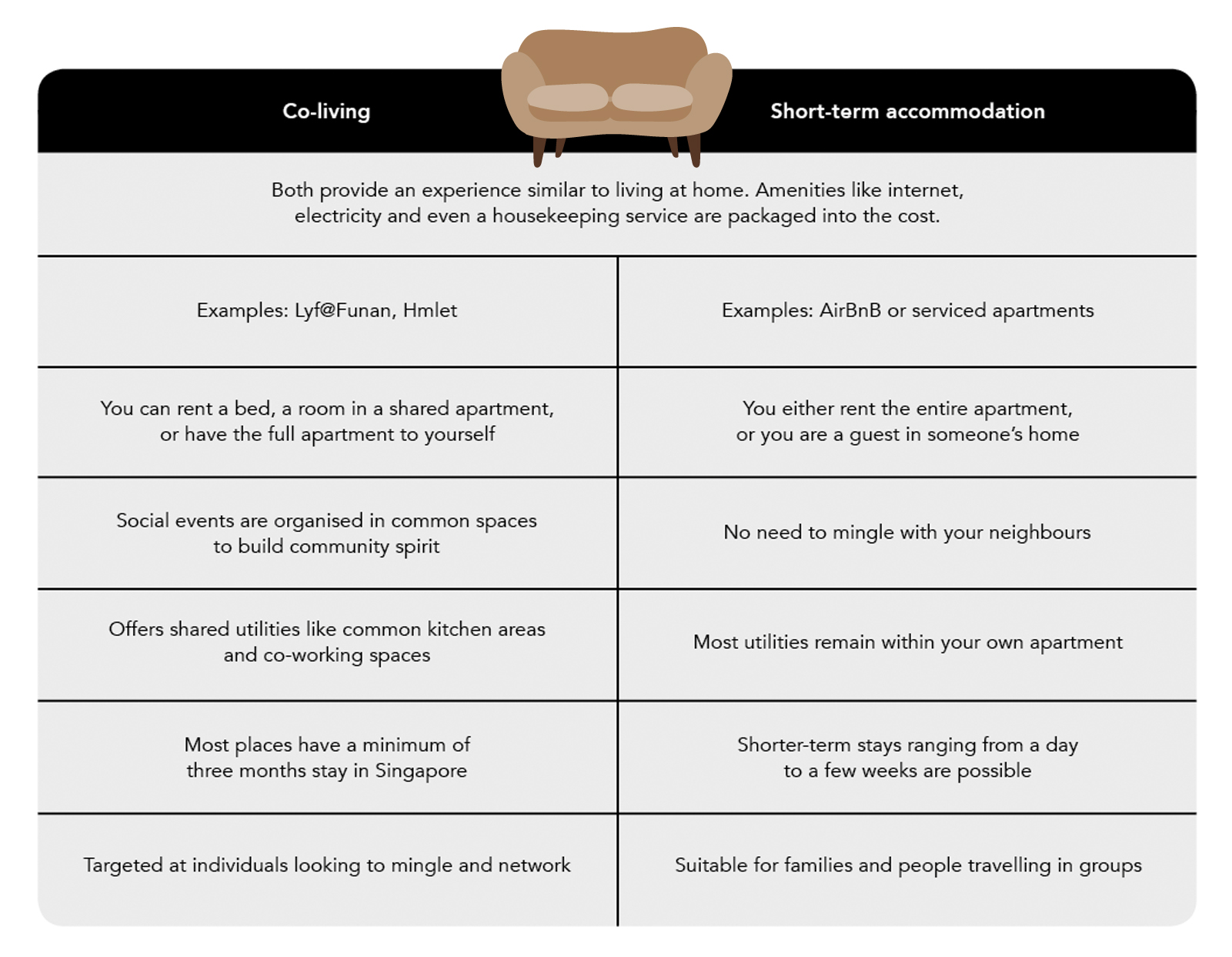
LEARN THE LINGO
Digital nomad
A person who taps digitalisation to work remotely, often travelling from country to country like a nomad would.

Begpacker
A derogatory term for backpackers who beg locals for money to fund their travels.
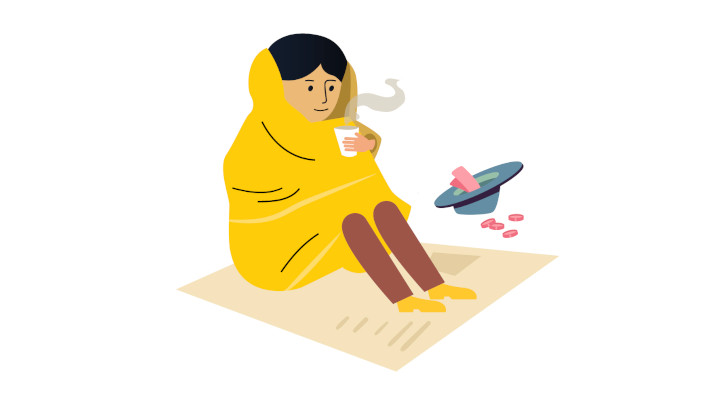
- POSTED ON
Feb 11, 2020
- TEXT BY
Fiona Liaw




